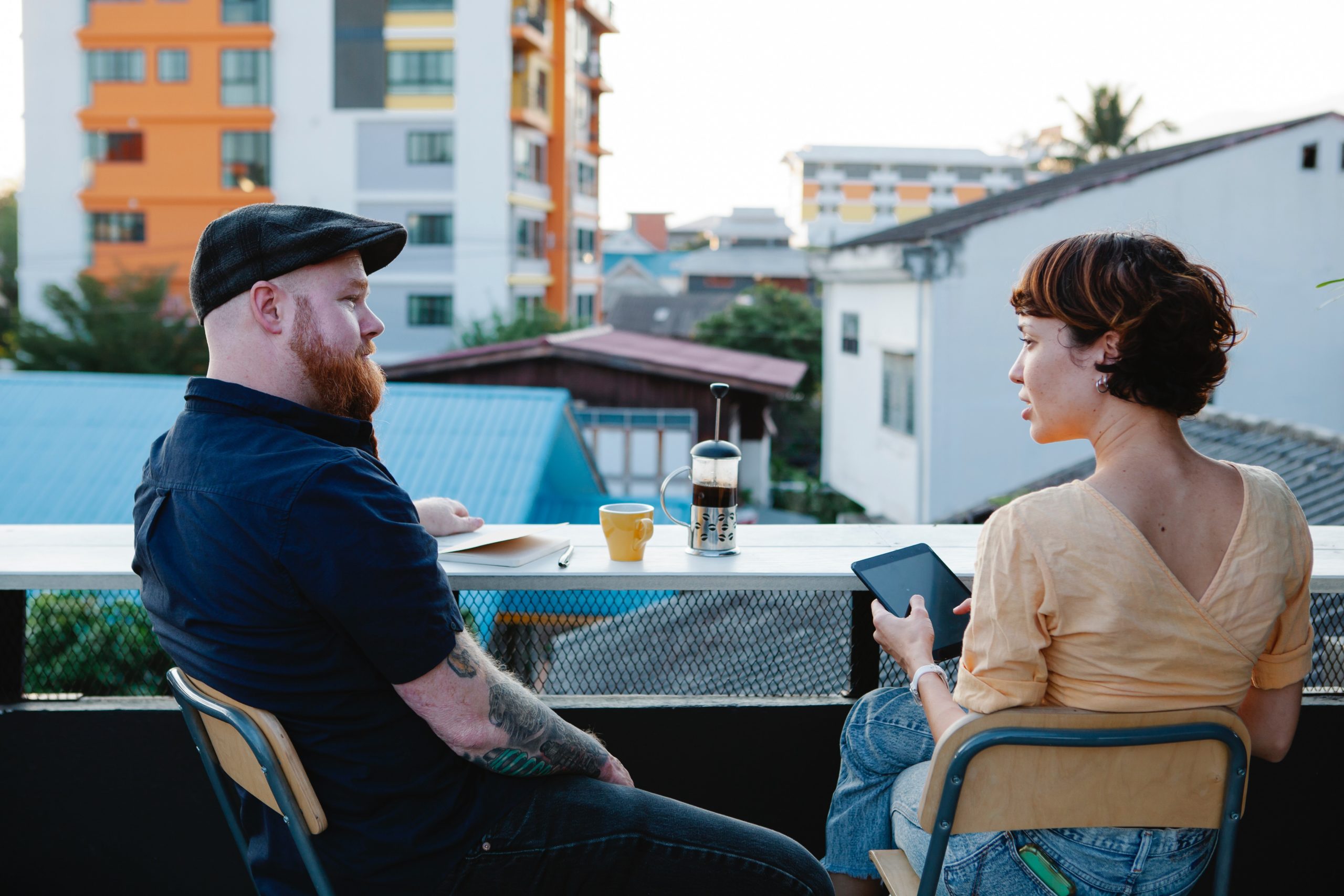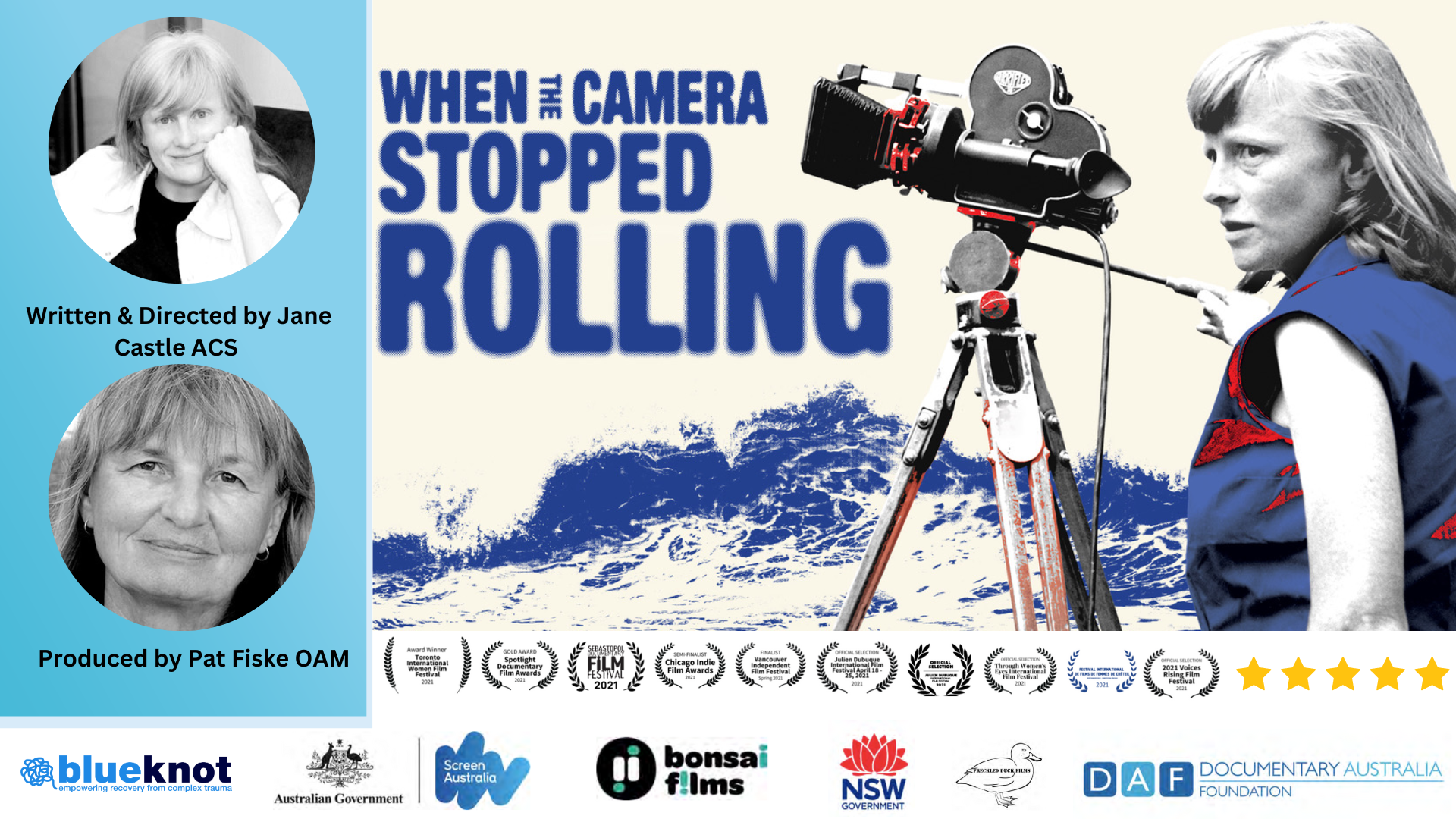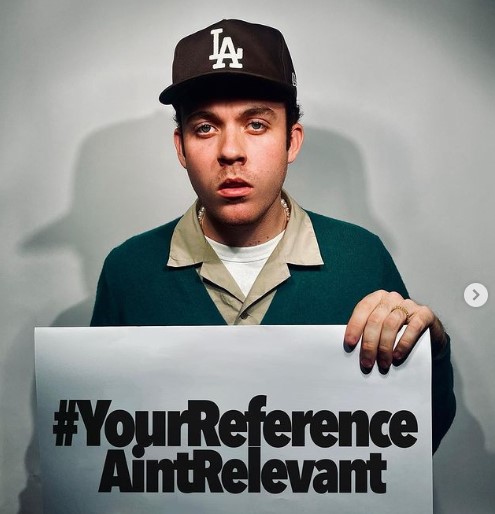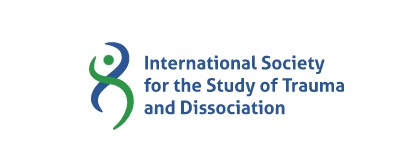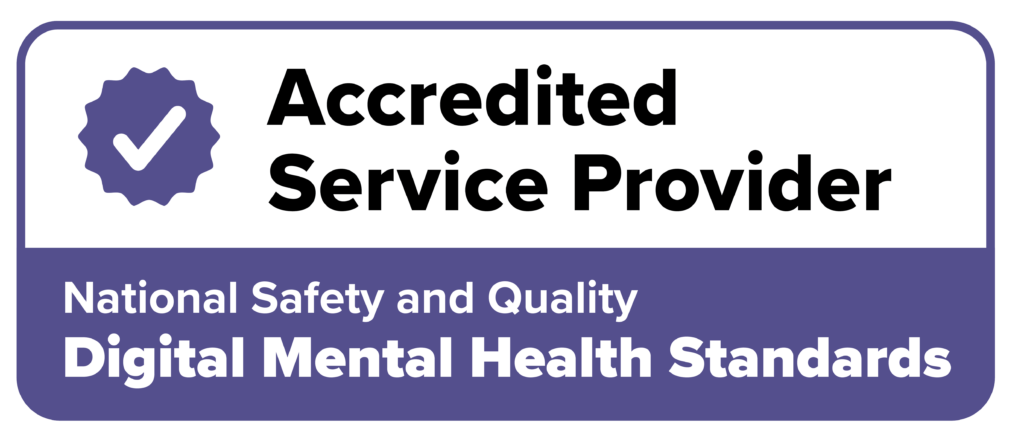This month we revisit our previous article on Identity and Belonging which explores some common challenges many of us have, regardless of life’s journey – our sense of self, our identity and how we relate to other people and to the world around us.
Feeling comfortable in our own skin and in our different communities can prove particularly challenging for people who as children, and, as adults, have experienced repeated abuse, violence and/or neglect, or have been taken away from their home, family and place. If you sometimes feel like this, or even often, it can help to understand how different life experiences and circumstances can leave a person feeling ashamed and unworthy. In understanding more about how trauma can affect people, many survivors who have long lived blaming themselves for what happened to them, when they weren’t to blame at all, can start to let go of their sense of self-blame.
With the right information and support, we can become more patient with ourselves and show ourselves the compassion we needed and deserved as a child. This can help us learn to change the way we see ourselves and others, to feel safer in ourselves and with others, and to build relationships of trust over time.
Babies, children and young adults all depend on the people they are living with to help them feel safe and secure, nurtured and protected. When this doesn’t happen, and children aren’t safe and don’t feel safe, they put all the energy a child usually devotes towards learning and exploring to simply surviving (Perry, 2009). Depending on the ages and stages at which this happens, different parts of a child’s development can be disrupted. This includes having a secure basis from which to develop a strong every-day sense of themselves and to learn how to build healthy connections with other people around them.
Identity and Our Sense of Self
As human beings, we have grappled with philosophical questions about identity for thousands of years. But there is more to identity than how we look and sound. Our identity has a lot to do with how we steer our way through the world. The debate over whether nature or nurture determines who we become (a debate which is now more focussed on nature and nurture) can distract attention from the interaction of our biological make-up with our environment in the context of our relationships. That is, the processes of attachment and socialisation – how the world responds to us and how we respond to it – which play a big part in how we develop and grow.
As we grow up, regardless of our circumstances, different events and experiences shape and influence our core basic beliefs about:
• Ourselves
• Others
• The world
Our core beliefs then become a framework according to which we process our thoughts, feelings, emotions, and behaviours. They are the lens through which we see and interpret our world. We often hold on tightly to our core beliefs, even if they are upsetting, distressing, and even when they seem to others to be against our best interests.
The good news is that just as past events including traumatic experiences affect our core beliefs, so too new and different events and experiences can also affect them. Sometimes new experiences firm up our core beliefs, but at other times they might cause us to question them. In fact, when we experience more and more positive experiences, we might question our negative core beliefs so much that they may start to change.
From birth, experience actively shapes and formulates a child’s developing self. This process involves complex interactions between the child and their family, all of which occur within their home, community, culture and society. A child’s interactions with their caregivers, particularly their emotional interactions, play a big role in this process. When the people who are caring for a child or with whom the child is living, are attuned to the child, they model how to relate in a healthy way. This forms a model for positive relationships for the child with themselves and others.
Other family or household challenges can also affect a child as they develop. When a caregiver has their own experiences of trauma and victimisation (Bromfield et al., 2010), they may continue to face major challenges in their own lives. This can affect their ability to meet their child’s needs, particularly their emotional needs, and make it harder for them to connect securely with their infants or children. This in turn can affect the way a child attaches, bonds or connects to their caregiver and to others over time.
There is little doubt that emotional and physical security, consistent affection, validation, support and guidance help a child develop a sense of autonomy and set them on a healthy developmental path (Cozolino, 2012; Shonkoff, 2012).
Developing a Sense of Self and the Capacity for Healthy Relationships
A caregiver who responds sensitively to a child’s feelings and needs helps equip the child to cope with life’s challenges. Caregiving, like all relationships, cannot be perfect but it needs to be `good enough’. But it is not all about what caregivers or parents do and don’t do. Struggles with poverty, being socially isolated or not having stable housing (Bromfield et al., 2010) can further compound life’s challenges for both the caregiver and their children.
People who have experienced single-incident trauma i.e. a one-off traumatic event – often say that they want to get back to the way they were before (i.e. with the sense of safety and wellbeing the trauma has eroded). This is very different from survivors of childhood trauma, who often have no sense of having ever functioned well and many of whom cannot recall ever having felt healthy or happy.
The good news is the people can and do heal from trauma, including childhood trauma. The process of building self-esteem and a stronger sense of self is a gradual one, but forms an important part of many people’s healing journey. The fact is that the reality of having survived is testament to a person’s strength and resilience. Recognising and acknowledging this core strength and building on it can develop through a range of practices. These include mindfulness, therapy/counselling, and support from family and friends. Safe relationships of trust, self-compassion and a range of different strategies and tools can help survivors understand how the trauma they experienced affected their body, mind, and emotions, and how these different parts of them did or didn’t work together.
With support and processing, survivors can also understand how they coped and how they are coping now. This understanding can help survivors to recognise their triggers and reactions, that these are to be expected, but that it is possible to learn a range of skills to help manage them better. As safety builds, many survivors can start to challenge their negative core beliefs over time.
Part of this includes embracing a sense of hope and optimism, and the possibility of a life no longer overwhelmed by trauma and its impacts and reactions. It also includes a growing sense of themselves in the world and a new story for their life’s journey; a story which can include trauma as part of life’s journey.

